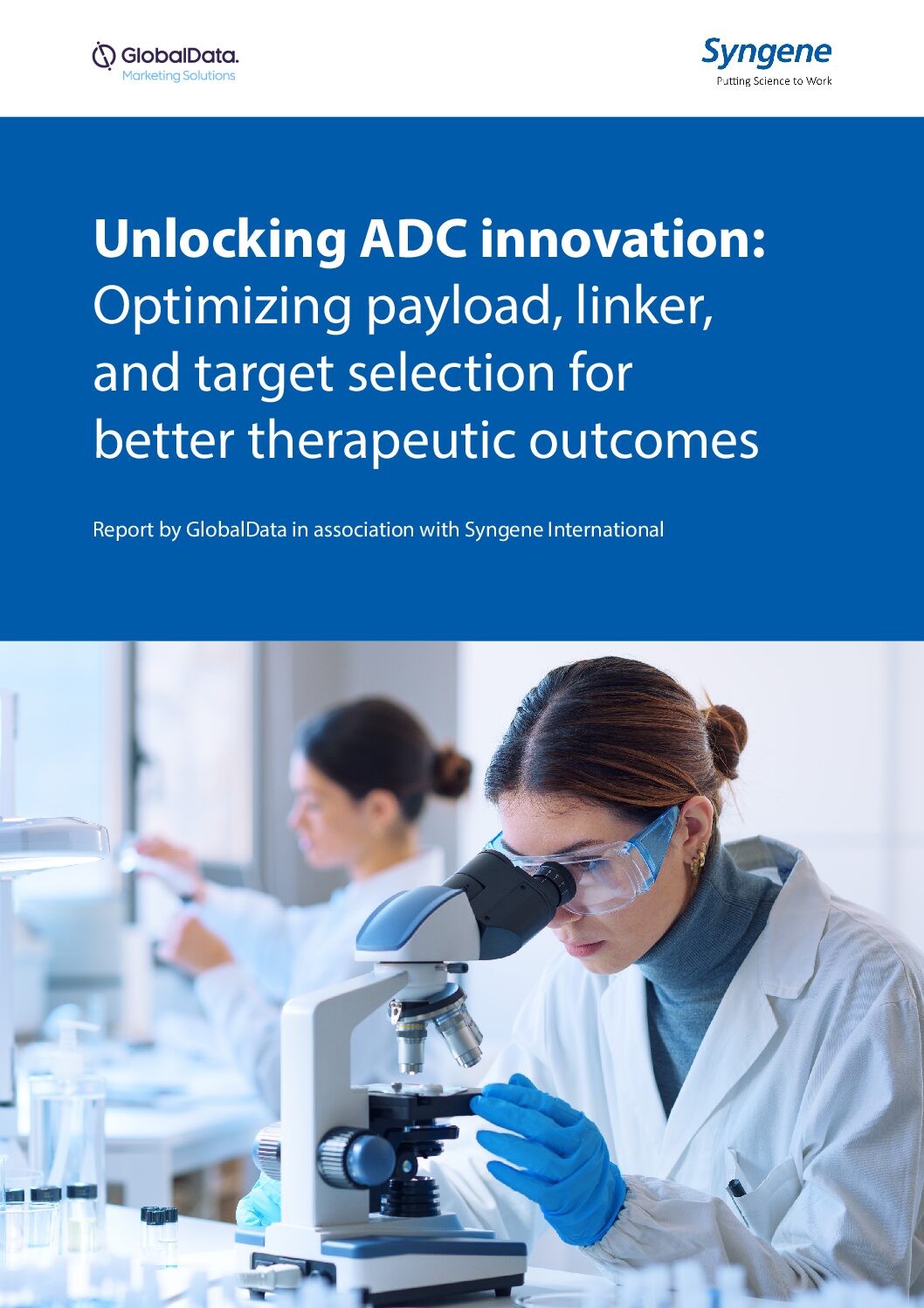

The UK biotech sector raised £3.5bn in 2024, marking a 94% increase from the previous year, according to the BioIndustry Association’s (BIA) annual financing report.
This figure represents the highest annual total since the £4.5bn raised in 2021. However, the report also underscores the concentration of funding in a small number of companies and the continued dominance of US investors in later-stage financing.

US Tariffs are shifting - will you react or anticipate?
Don’t let policy changes catch you off guard. Stay proactive with real-time data and expert analysis.
By GlobalDataVenture capital (VC) funding accounted for £2.06bn of the total, a 64.8% increase year-on-year and the strongest performance since the 2021 peak. North American investors contributed 26% of VC funding, the largest share in three years, while European investors made up 15%. On public markets, UK biotech companies raised £1.5bn through follow-on financings – a 170% increase from 2023 – driven by firms listed on Nasdaq. However, for the second consecutive year, no initial public offerings (IPOs) occurred, reflecting persistent uncertainty in equity markets.
While the surge in funding highlights strong international confidence in UK biotech innovation, concerns remain about the sector’s ability to scale its companies and secure more domestic investment. Industry leaders, including UK Minister for State of Science Lord Patrick Vallance, have previously highlighted this issue, noting that while the UK excels in early-stage research and startup creation, scaling companies to compete globally remains a challenge. These comments, made at the Jefferies London Healthcare Conference in November 2024, align with the report’s findings, which show US investors playing a dominant role in UK biotech scale-ups.
Initiatives such as the British Business Bank’s Future Fund Breakthrough aim to address this issue by encouraging UK pension funds and institutional investors to increase their exposure to life sciences. Currently, UK pension funds invest significantly less in the sector than their US counterparts.
Large-scale venture deals in 2024 highlighted the sector’s potential. Ottimo Pharma raised £110.5m in Series A funding, the year’s largest VC deal, to develop its bi-functional antibody for solid tumours. Pheon Therapeutics secured £94m in Series B funding to advance its antibody-drug conjugate (ADC) technology, while Myric Bio attracted £90m to expand its proprietary ADC platform. However, the report notes that grant funding fell to £33m, with a 30% drop in average grant size, reflecting tougher conditions for early-stage innovation.
Looking ahead to 2025, the report anticipates a modest recovery in IPO activity, contingent on market conditions and the market reaction to the new US President, which could influence investor sentiment globally. While strong VC investment in 2024 sets a positive foundation for growth, the UK’s ability to scale its biotech companies and attract greater domestic investment remains important to sustaining momentum.
ADC content on Pharmaceutical Technology (Or Clinical Trials Arena) is supported by Syngene. Editorial content is independently produced and follows the highest standards of journalistic integrity. Topic sponsors are not involved in the creation of editorial content.






